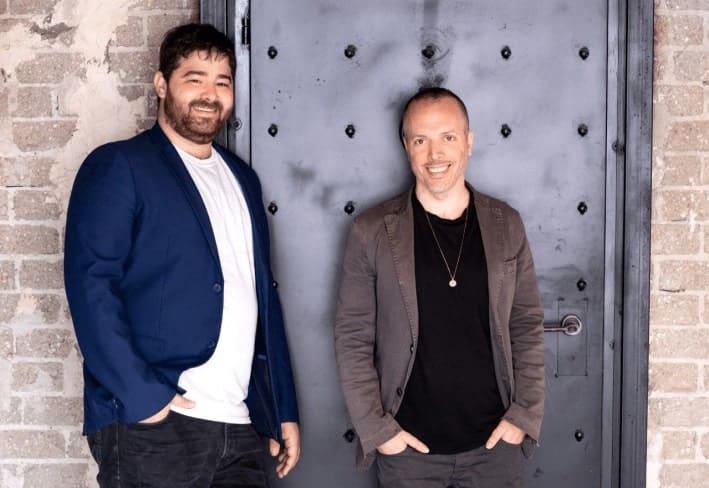Singapore-based blockchain startup Clear just raised $13 million in a Series A round of venture funding. Multinational financial services giant Fidelity facilitated the fundraise. Specifically, its investment arm, Eight Roads (formerly Fidelity Ventures), led the round. It makes sense that Clear went with Fidelity to help it raise venture capital.
“Eight Roads is the investment arm that looks at strategic areas for Fidelity,” Clear’s co-founder and executive chairman Eran Haggiag told CryptoPotato earlier today about the $13 million raise.
“It has an advanced and unique view to multiple industries and is a big supporter of Blockchain. As Clear deals with the financial backbone of enterprises, Eight Roads is a great partner to facilitate this round.”
Fidelity, the $7.8 trillion asset management titan, is as institutional as institutional finance goes; however, it’s a very crypto-friendly company.
It promoted the Bitcoin Lightning Network through the Fidelity Center for Applied Technology. And last year, Fidelity’s cryptocurrency investment arm, Fidelity Digital Assets, went live to select customers with crypto custody and trading product.

Clear’s Founders. Hoggaig (right) with Gal Hochberg. Photo by Clear
Reducing B2B Settlement Friction With Cryptocurrency
Clear implements settlement solutions for cross-border B2B transactions. Currently, the B2B blockchain SaaS company serves mostly telecom companies. But they’re looking at expanding into the financial services and energy sector next. Telecoms are their primary client industry.
Many telecom firms became investors this week. Singtel, Hong Kong Telecom, Telefonica, and Deutsche Telekom joined the round for a stake in Clear’s business.
Clear is saving major telecom enterprises a lot of money using blockchain:
“Clear helps to remove friction from B2B trade inside enterprises… The market for B2B transactions is huge. Cross border B2B payments added up to $150T last year, meaning that companies have a lot of business partnerships to manage and a lot of money transfers in those relationships.” Haggiag explained.
Bank fees are expensive. But here are some examples of “friction” that costs even more, according to him.
Transaction fees alone, charged by banks, for these transfers amounts to $140B annually. The amounts enterprises spend on processing these payments; managing the contracts around them; checking data and invoices each month; communicating around disputes reconciliation; and deploying and managing the software to support [these operations] is a few times the amount of those fees alone, costing trillions globally each year and creating a lot of friction.
There Comes The Blockchain: To Bridge Between Information Islands
Haggiag broke down the blockchain-specific features and benefits of its product for us. It’s a 21st-century technology, but what he said reminded me of the 1800s revolution in the standardization of manufactured parts.
According to him, “With a blockchain-based solution implementing smart contracts, two companies with siloed information can run the same code. It’s a shared business logic to compute what they owe each other.”
Interchangeable parts was a crucial development in the broader Industrial Revolution because it massively reduced friction in manufacturing and repair. That was a big boon for industries like railroads and textiles. However, it’s what made mass-scale factory production possible.
“In any other case, each company runs computation on its own solution, on its chosen software and bills the other side, which then checks that against the data on their systems. But the communication between the two businesses is manual. They handle transactions over emails, assisted by Excel files.”
But blockchain can offer a smooth end-to-end payment solution between businesses:
“Using a shared logic is the only way to eliminate mistakes, discrepancies, and misunderstandings from B2B trade. To enable the use of Blockchain and shared business logics in an enterprise environment, Clear has created a business environment where true data confidentiality is achieved.” Haggiag concluded.
Clear is built to be blockchain agnostic – It currently offers support for multiple distributed ledgers (DLTs). But Clear tells us, they will announce specific DLTs supported in the upcoming weeks.
The post appeared first on CryptoPotato






